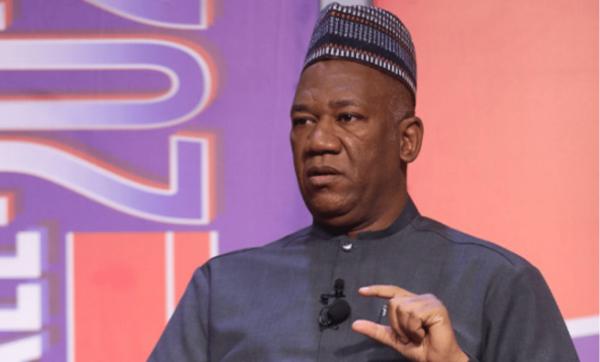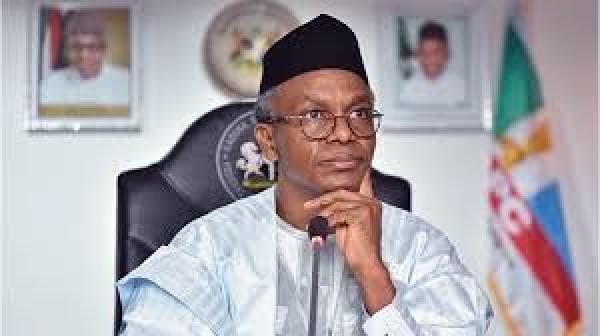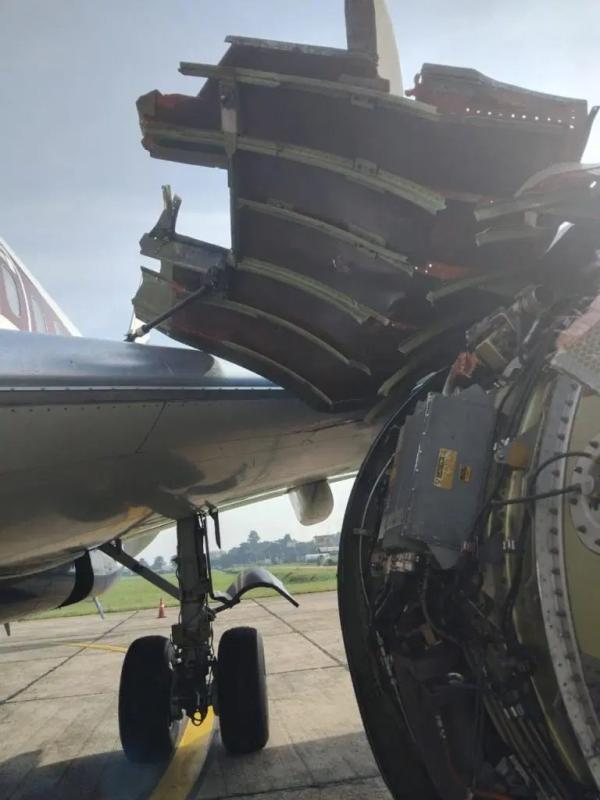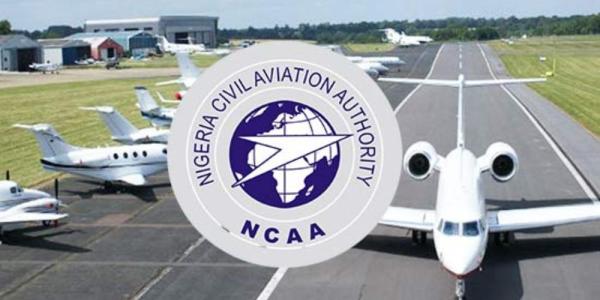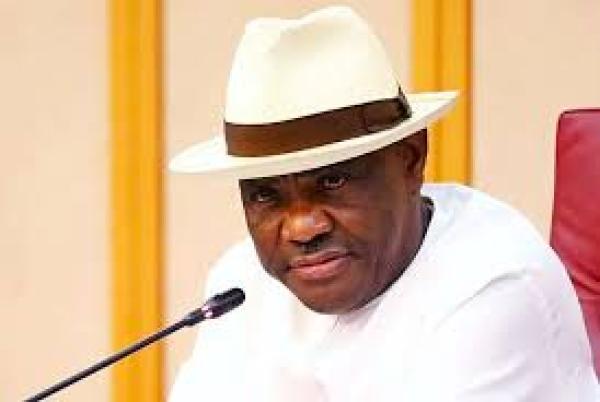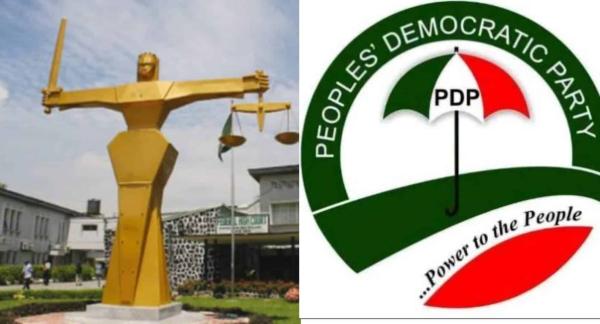
President Goodluck Jonathan and Gen Muhammadu Buhari
With the Presidential election about one week away, the amusing gyrations of the political gladiators continue unabated. There is little doubt the suffering masses are presumed to be enjoying the macabre daylight dance in the market. The Boko Haram insurgents (murderers) always make their presence felt by the dastardly acts of the female suicide bombers (an innovation in Nigeria).
The good news is that the country’s‘neighbouring States in ECOWAS have promised to help in subjugating the insurgents. The moral question is whether it is right to continue to hurl bombs or maim ourselves when others are offering their lives to ensure our survival as a nation. It would have been better if our helpers found us a united nation.
Inspite of the media efforts in getting the political gladiators to focus on specific issues, the rising tempo of the current debate is on the personalities of President Jonathan and his challenger, Major General Buhari (rtd).
Both contestants are not new to power – through democratic election (Jonathan) and through Coup (military democracy), Buhari. The issue should have been on the use of power and the enjoyments of democratic dividends under PDP government since 1999 and what Buhari and his party will give Nigeria in 2015 and after. So far, the topic has been glibly tackled by the two main parties, thus, deepening the confusion. It may be necessary at this time, to put a halt to the drift towards deep misunderstanding and confusion.
The main issue is that the economy has been mismanaged since the return of Democracy under the ruling party Peoples Democratic Party (PDP) of which Dr. Goodluck Ebele Jonathan is the current leader. Even before the awful disclosure of Professor Charles Soludo (former Governor of Central Bank under Obasanjo), there is clear evidence that the economy has not been wisely managed as expected and that the majority of the Nigerian people have not been enjoying “good life”.
What are the facts of life? At present, about 70 percent of Nigerians are living below the poverty line and unemployment rate is above 24 per cent and above 30 per cent among the youths. Significant statistical figures show the value of petroleum products between 1999 and today.
The pump price of gasoline (premium motor spirit) commonly called ‘petro’lwhich was N26 in 1999 is now N87; diesel (AGO) sold for N19 in 1999 compared with today‘s cost of N155; kerosene in 1999 was N17 per litre as compared with the present subsidized price of N50, if available. It could be argued that the rise of pump price (by litre) of petroleum product could be attributed to importation of products to supplement short supply from dilapidated local refineries.
The fact that a major oil producer and exporter would become an importer of the commodity it produces in abundance calls into a serious doubt, the ability of the economic management team of the nation. And to make it worse, subsidy is being paid to the importers of the refined products, product by product while it could be cheaper to refine in neighbouring refineries where a barrel of crude oil would give more than ten different products.
The stench from the saga from oil subsidy, which has caused the nation more than N2 trillion is still on. Mrs. Hillary Clinton, during her visit to Nigeria once doubted the economic wisdom of importing refined oil products by a leading exporter of crude oil, and the economic stupidity of paying subsidy on imported oil.
The question of payments on imports would depend on how strong the currency of the importing nation is. Commonsense economics would dictate that an import-dependent nation (like Nigeria) would go for a strong currency to overcome the situation if the need arises.
Far from it, the ruling party has proved not to be a friend of a strong currency. Between 1999 and 2015, the value of the national currency has moved from N102 to the dollar to an uncertain figure of N168 and N210 to one dollar. How is the mighty falling? There are different rates for the dollar, the official rates and the parallel rates. Thus, Nigeria will appear to be operating a multiple system of foreign exchange system in its economy, i.e. one rate for the Central Bank, another for inter-bank and another for the Bureaus (BDC).
Since 1999, the Federal Government, State Government and the Local Governments have relied on oil money for eighty per cent of their revenue. That source of revenue has contributed to the fiscal irresponsibility of the executives and the frivolities of the legislatures all over the country.
Neither the Federal, State nor Local government has shown exceptional ability (except Lagos State) to grow internally generated revenue to match the monthly contribution from oil revenue. Even the Federal Government under the crafty but hard working Minister of Finance, Dr. Ngozi Okonjo-Iweala has started to shout austerity measures at the sign of low oil revenue. In fairness to the duo of Obasanjo and Iweala, something was “illegally” siphoned from oil money into Excess Crude Oil account – now a likely saviour.
Unfortunately, the funds in the illegal Excess Crude Oil Account meant for “Power” Plants could not withstand the onslaught of powerful States under Yar`Adua and President Jonathan. Much of it had been distributed before the cruel blow to oil bonanza.
The cruel oil blow (to some good omen) will, no doubt, lead to depression in the Nigerian economy which has refused to move from its dependence on oil for its sustenance and growth. To sustain the 2015 Budget, the Federal Government will certainly deep its hands into what is left of Excess Crude Oil Account, Sovereign Wealth Funds and other savings.
Some measures might include borrowings and more direct investments. The problem is with a nation which is noted for frugality and impunity in its attitude to spending money, the future looks bleak. If eighty (80) per cent of revenue is devoted to recurrent expenditure, what is left for education and infrastructural development?
If the Federal Government has not been able to advance beyond President Jonathan‘s refixing the railway system, renovating the airports, creating more universities and schools and re-investing in agriculture (credits to Jonathan‘s government) in the last four years, then, much is required. Jonathan‘s supporters are saying Give us another 4 years to complete the job. The battle cry of the Opposition is “CHANGE” perhaps from the dreary past and depression of the future.
But, Nigerians would be interested to know if there would be a radical change from the current fiscal and monetary policies. What will be the appropriate policy on Power and Oil? The ultimate answer is needed on overall strategy for Security and Prosperity. This is the current charge to the Opposition.












